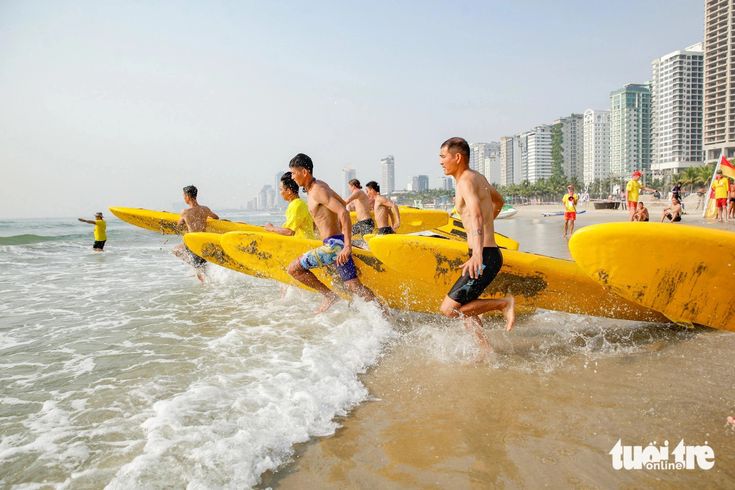Singapore, with its warm climate and beautiful coastline, is a paradise for water enthusiasts. From the bustling beaches of Sentosa to the serene reservoirs, water activities are a significant part of life for many residents and tourists alike. However, with this love for water comes the critical need for safety, and this is where lifeguards play a vital role in Singapore’s water safety culture.

Guardians of Safety
Lifeguards are often seen as the guardians of our beaches and swimming pools lifeguard singapore. They are trained professionals equipped with the skills to prevent and respond to emergencies. In a country where outdoor activities are so prevalent, having lifeguards on duty is essential to ensure that everyone can enjoy these spaces safely.
Proactive Safety Measures
Lifeguards are not just first responders; they also serve as proactive safety enforcers. They monitor water conditions, assess risks, and provide guidance to swimmers. Through regular briefings and demonstrations, they educate the public on water safety practices, such as understanding rip currents, recognizing swimming hazards, and the importance of never swimming alone.
In Singapore’s diverse water environments, lifeguards play an essential role in tailoring their approach to different settings. Whether at a bustling beach or a tranquil pool, they adapt their strategies to suit the environment and the people using it.
Emergency Response Expertise
In the unfortunate event of an accident, lifeguards are trained to act swiftly and effectively. Their knowledge of CPR, first aid, and rescue techniques can make the difference between life and death. In a country where emergency services are often stretched, having skilled lifeguards on-site ensures a rapid response to incidents, giving swimmers and their families peace of mind.
Community Engagement
Beyond their roles in emergency situations, lifeguards are also community ambassadors. They engage with the public, sharing water safety knowledge and promoting responsible behavior around water bodies. By fostering relationships with local communities, lifeguards help create a culture of safety that extends beyond the beaches and pools.
In schools, lifeguards often participate in educational programs, teaching children about water safety and encouraging them to respect the water. This grassroots approach is crucial in building a generation that values safety and responsibility in water activities.
A Response to Rising Water Activities
As Singapore continues to develop and promote water sports, the demand for lifeguards has never been higher. With activities like kayaking, wakeboarding, and even dragon boat racing gaining popularity, the need for trained professionals who can manage these new risks is critical. The government and private organizations have recognized this demand and are investing in lifeguard training programs to ensure that there are enough qualified individuals to keep our water bodies safe.
The Future of Lifeguards in Singapore
Looking ahead, the role of lifeguards in Singapore’s water safety culture will likely evolve. With advances in technology, we may see the integration of drones for surveillance or automated systems for monitoring water quality. However, the human element will always remain vital. Lifeguards bring not only their skills but also their intuition, empathy, and presence—qualities that machines simply cannot replicate.
Conclusion
In summary, lifeguards are a crucial component of Singapore’s water safety culture. Their proactive measures, emergency response skills, and community engagement efforts contribute significantly to the safe enjoyment of the country’s beautiful waters. As we continue to embrace our love for water activities, it is essential to recognize and support the vital work that lifeguards do every day. So next time you hit the beach or pool, take a moment to appreciate these unsung heroes who help keep our waters safe.